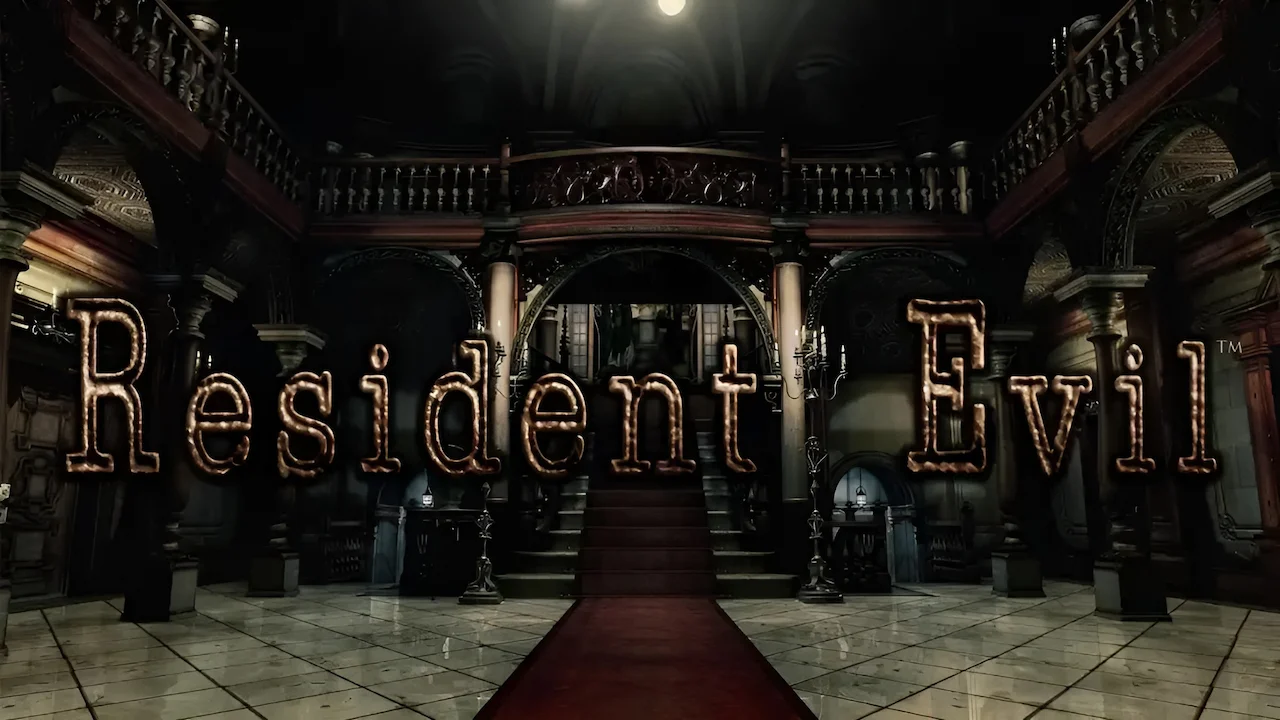When the owners of Resident Evil forget the value of their own legacy, it shows how far publishers have drifted from the players who remember it.
There’s a growing divide between developers and the people who actually play their games. You can see it everywhere, in the way modern remakes overwrite the originals, in the quiet erasure of older releases, and in the decisions that suggest publishers think they know better than the fans who built their legacy. Few examples capture that disconnect better than Capcom’s approach to its own classics.
When GOG approached Capcom to release the original Resident Evil trilogy, they didn’t want to do it. According to Marcin Paczynski, GOG’s senior business development manager in an interview with B2B The Game Business, Capcom viewed the remakes as “already the superior experience” and saw no value in bringing back the vanilla versions. It took persistent convincing to make them realize there’s still an audience that wants those games exactly as they were. When they finally launched on GOG, the response was overwhelming with 94% positive reviews across the board. The message couldn’t be clearer: people still care about the originals.
That’s the core of the problem. Publishers often forget that preservation isn’t about replacing what came before, it’s about making sure history remains accessible. GOG understood this; Capcom didn’t. The Resident Evil remakes may look and play better (in the case of 2002), but they aren’t the same games. They reinterpret, condense, and sometimes sanitize the original creative intent. When Capcom assumed those older versions had no worth, it revealed how out of touch many companies have become with their own audience.
This mindset extends far beyond Capcom. We’ve seen similar trends from Square Enix, Sega, and others who either censor, alter, or lock away their original works. The irony is that fan communities and preservationists are doing the work publishers refuse to do, keeping these games playable, archiving source materials, and maintaining the historical context the industry seems eager to forget.
What GOG accomplished with the Resident Evil trilogy shows that the demand for authenticity isn’t nostalgia, it’s respect. Players want the option to experience the unaltered versions that shaped gaming culture, not just remade interpretations that aim for modern appeal.
Publishers should stop treating their history like an embarrassment to be rewritten. It shouldn’t take a third party fighting uphill just to make an old game available again. Game preservation shouldn’t depend on who still “sees value” in the past, because the fans already do.



Leave a Reply